At the meeting, presenting the Draft Law on Electricity (amended), Deputy Minister of Industry and Trade Truong Thanh Hoai said that, based on identifying the political foundations and summarizing the existing problems, obstacles and difficulties in implementing the Law on Electricity, the Government has recently submitted to the National Assembly a proposal to develop the Law on Electricity (amended) with 6 major policies.
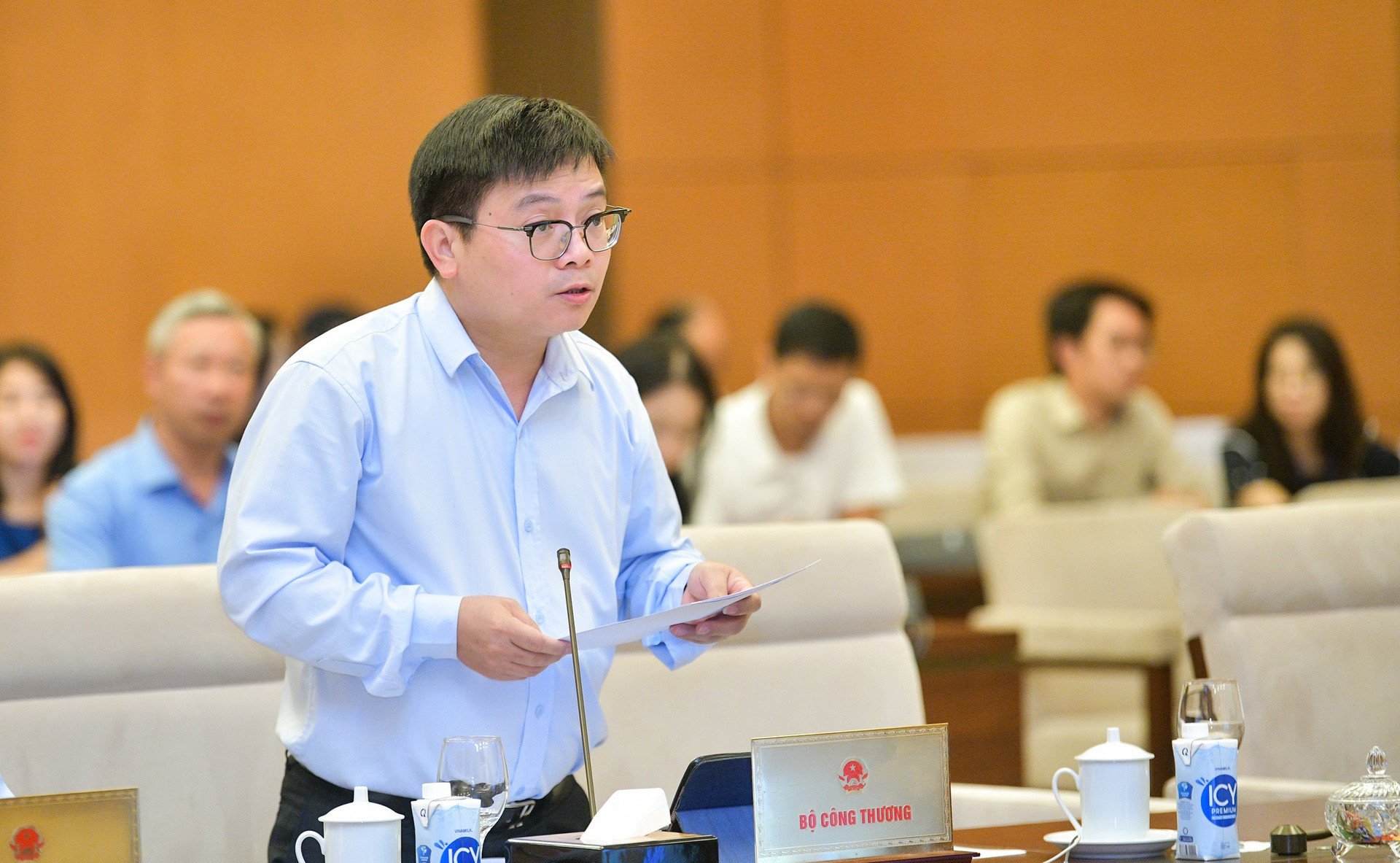
Accordingly, first, planning and investing in electricity development to ensure energy security for the country. Second, developing renewable energy and new energy. Third, perfecting regulations on conditions for electricity operations and the granting and revocation of electricity operation licenses. Fourth, managing electricity trading activities in the direction of promoting a transparent, fair, and efficient competitive electricity market and electricity prices according to market mechanisms. Fifth, managing and operating the electricity system, focusing on encouraging the economical use of electricity, strengthening the implementation of solutions to manage electricity demand and adjust electricity loads. Sixth, safely using electricity after the meter and ensuring the safety of dams and hydropower reservoirs during the construction and operation of hydropower projects.
The Draft Electricity Law consists of 9 chapters with 121 articles. Of which, 62 articles on general regulations, granting of electricity operation licenses, electricity market, electricity purchase and sale, electricity prices, rights and obligations of electricity units and electricity customers, protection of electricity works and electrical safety are inherited and amended; 4 articles are removed (propaganda, dissemination and education of law; dossiers of application for granting, amending and supplementing electricity operation licenses; rights and obligations of specialized electricity consulting units; electricity inspection); 4 articles are merged into other articles (mainly on development policy content on investment, electricity saving and electricity prices).
In addition, 59 articles are added, including contents on power development planning, bidding policies for investors in power source projects, policies on handling emergency power sources, policies on renewable energy (solar power, wind power), new energy with appropriate scientific and technological advances (such as hydrogen), direct electricity trading mechanism, full implementation of all levels of competitive electricity market, moving towards eliminating cross-subsidy of electricity prices between economic sectors, types of electricity prices, electricity buying and selling prices according to time of day, and multi-component electricity prices.
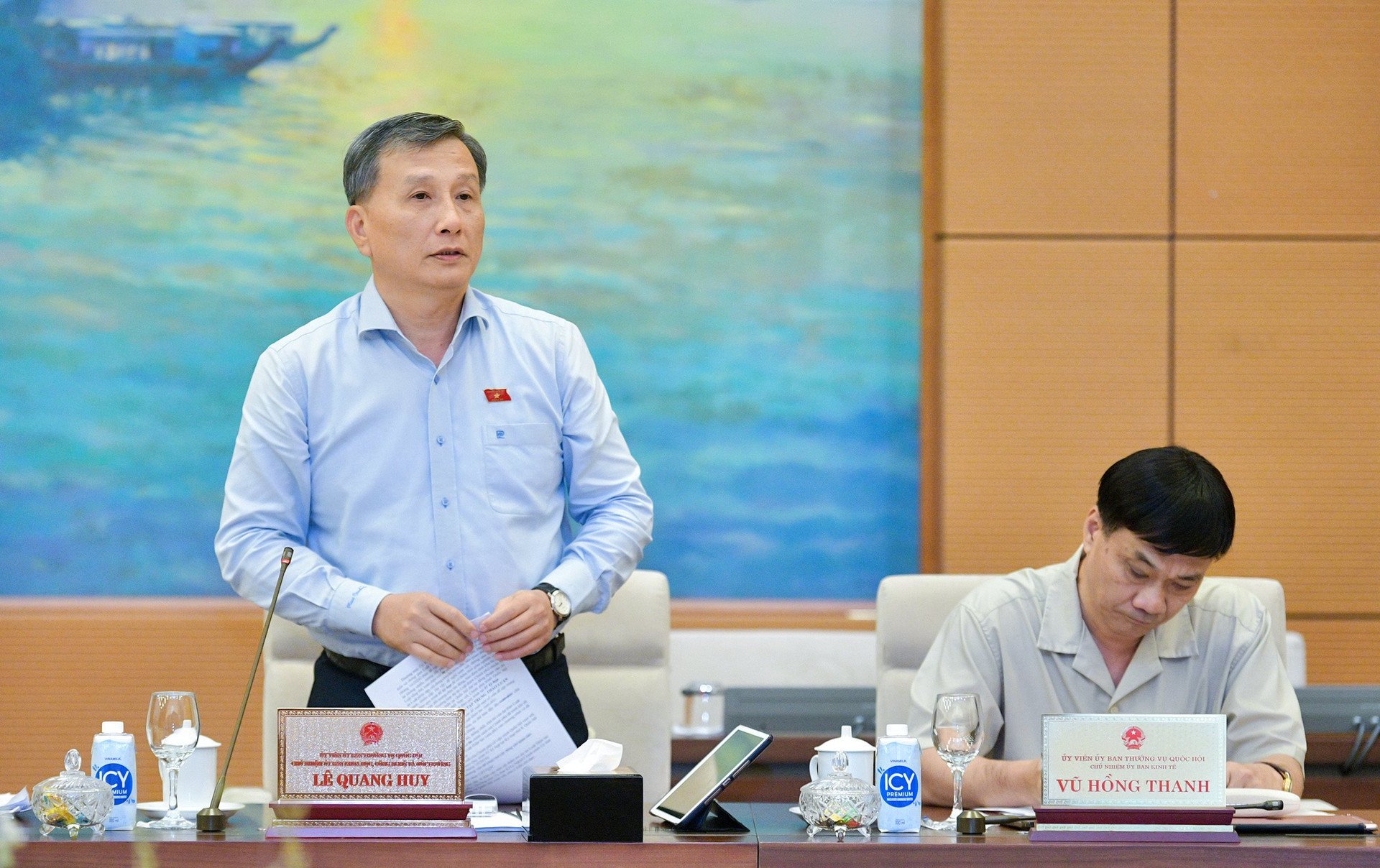
Reviewing the draft Law, Mr. Le Quang Huy, Chairman of the National Assembly's Committee on Science, Technology and Environment, suggested that in order to ensure consistency between the scope of regulation and the content of the draft Law and the 6 approved policies, the drafting agency should continue to review and assess the impact on regulations other than the 6 approved policies, and supplement regulations related to the field of electricity activities in the draft Law in accordance with Vietnam's reality, such as regulations on two-component electricity prices, energy transition, information security, and network security for the management and operation of the power system, and the development and training of human resources to meet the requirements.
Regarding the mechanism for handling slow-progressing power projects (Article 17), the Standing Committee of this Committee found that the provisions in Article 17 of the draft law are outside the content of the policy on planning and investment in power development to ensure energy security for the country, and requested the drafting agency to report on the necessity of including provisions on handling slow-progressing projects in this Law or regulations in directive and executive documents on handling specific situations. In addition, it is requested to clearly explain that handling slow-progressing projects must ensure the consistency and uniformity of the legal system, especially the law on investment.
The Standing Committee of the Science, Technology and Environment Committee proposed to clarify the responsibilities of ministries and branches in the delay in selecting investors to implement electricity projects. At the same time, clearly stipulate the criteria for selecting investors of electricity projects (power sources, power grids) through bidding; in which, clearly stipulate the basis and method for determining electricity price criteria (according to the lowest price), the responsibility of the entity deciding on electricity price criteria for bidding. In case of selecting investors through bidding, it is necessary to clearly stipulate the principles of mobilization as well as appropriate economic solutions if the winning bid price is too high, causing damage to the electricity buyer.
The Standing Committee of the Science, Technology and Environment Committee also believes that developing renewable energy and new energy is necessary, contributing to the implementation of Vietnam's commitment to strive for zero net emissions by 2050, in line with the general trend of the world. However, it is recommended that the drafting agency study and supplement principles such as: ensuring security of power supply and safety of the power system; synchronizing with the development of the power system's infrastructure; synchronizing training plans and human resource development.
Source: https://daidoanket.vn/6-chinh-sach-lon-trong-du-an-luat-dien-luc-sua-doi-10288293.html


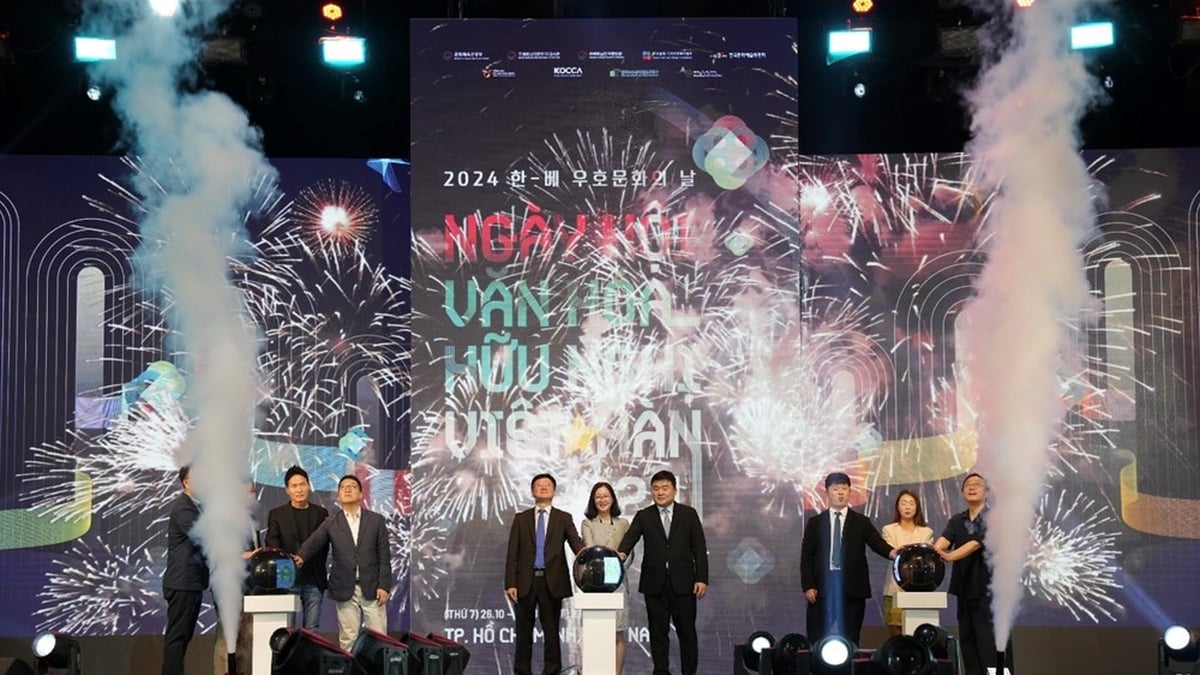

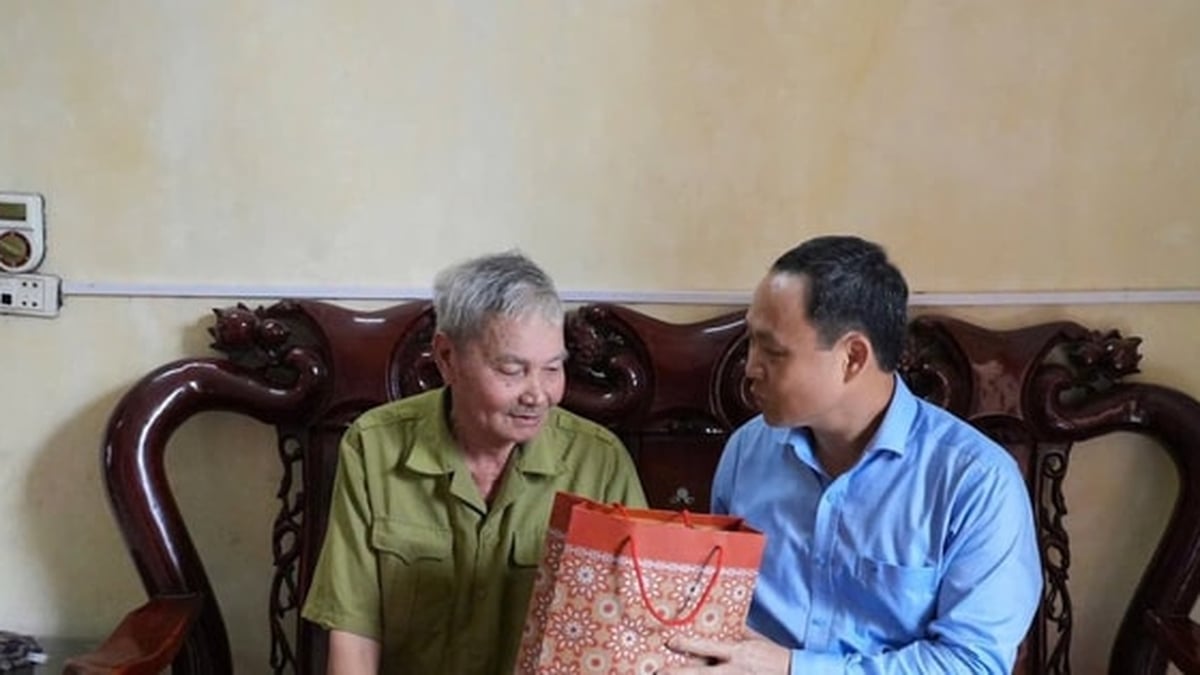
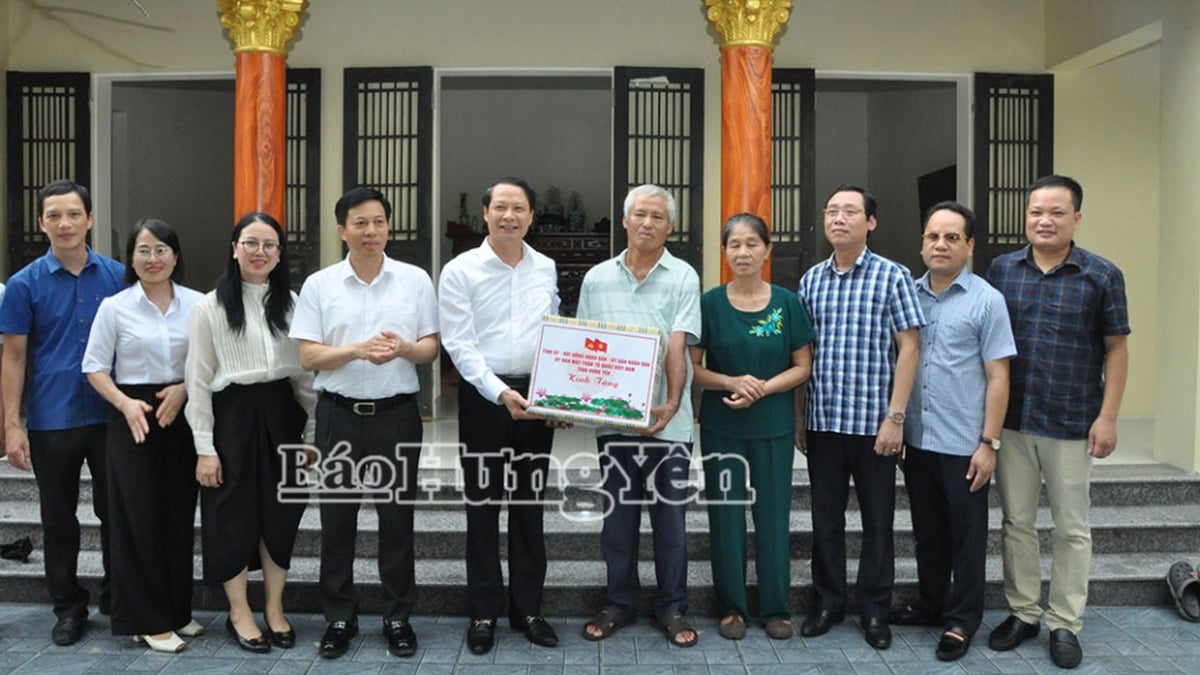
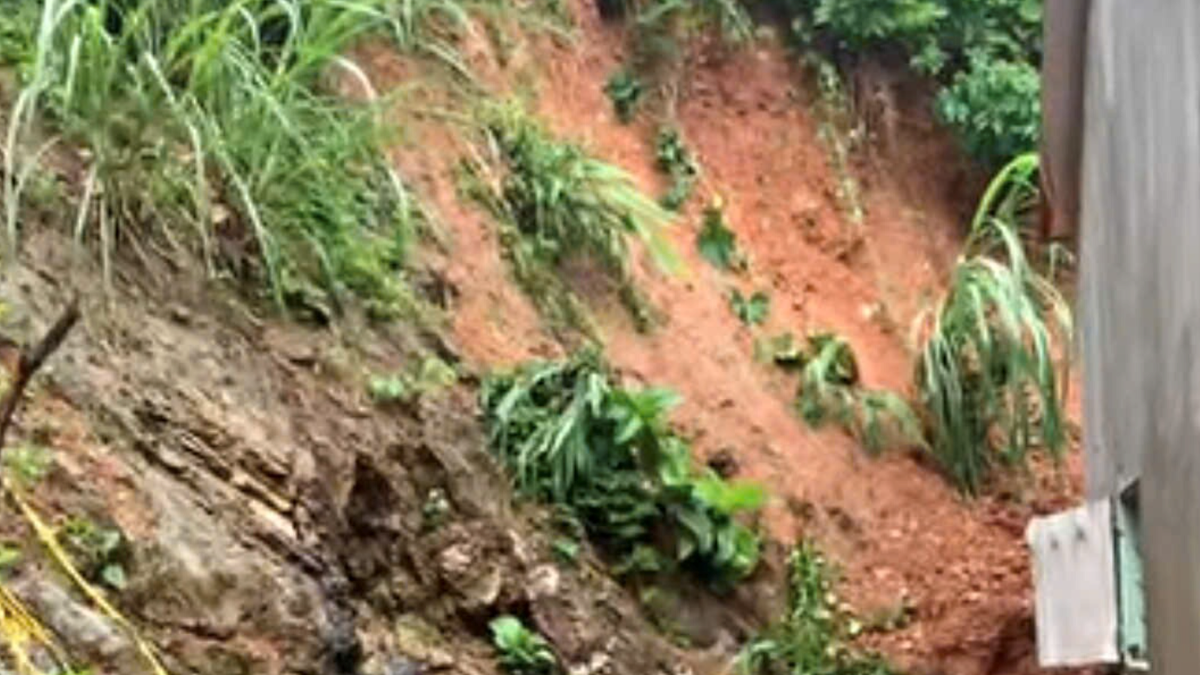
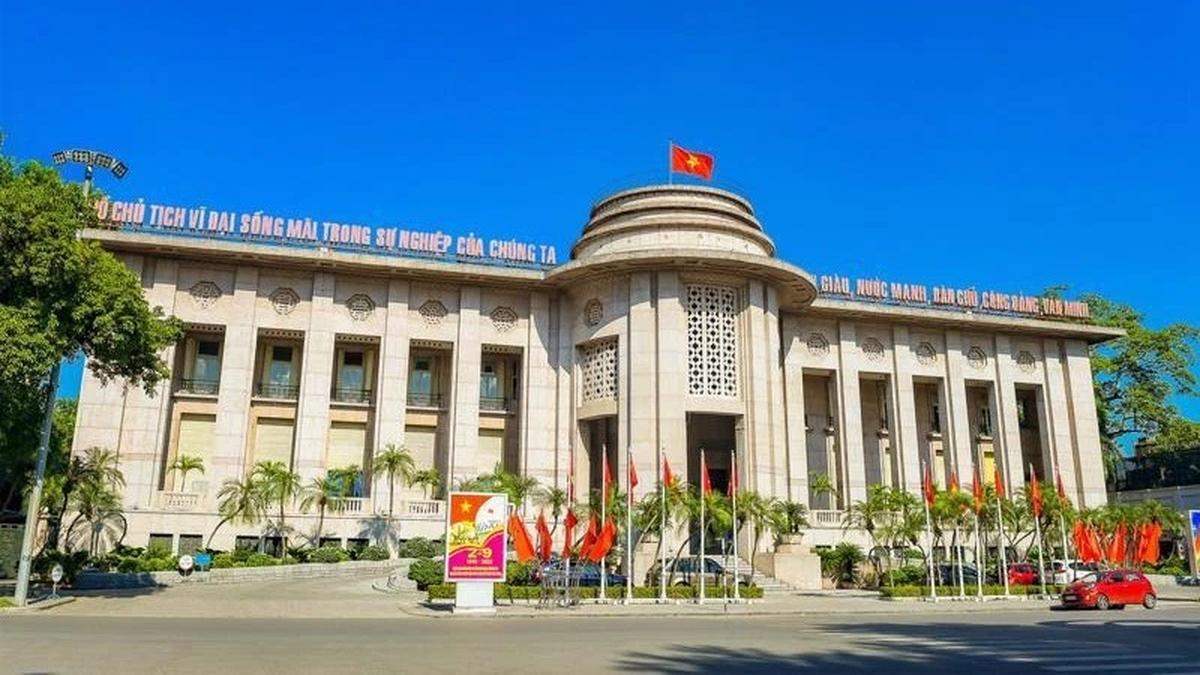
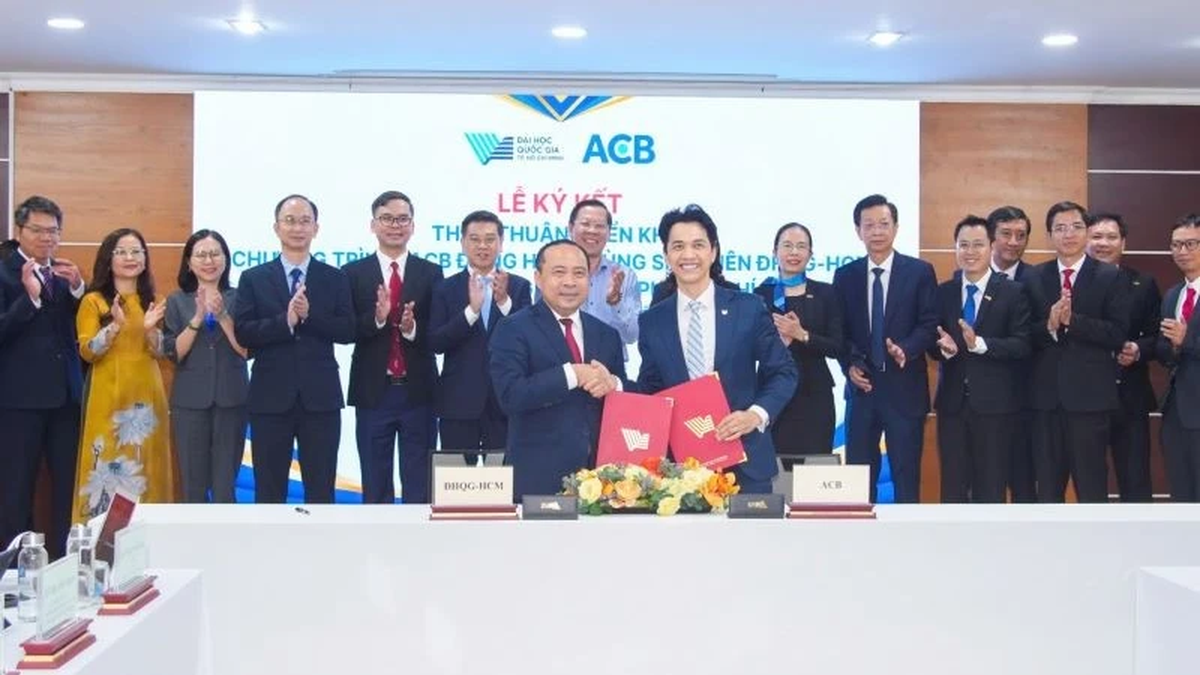

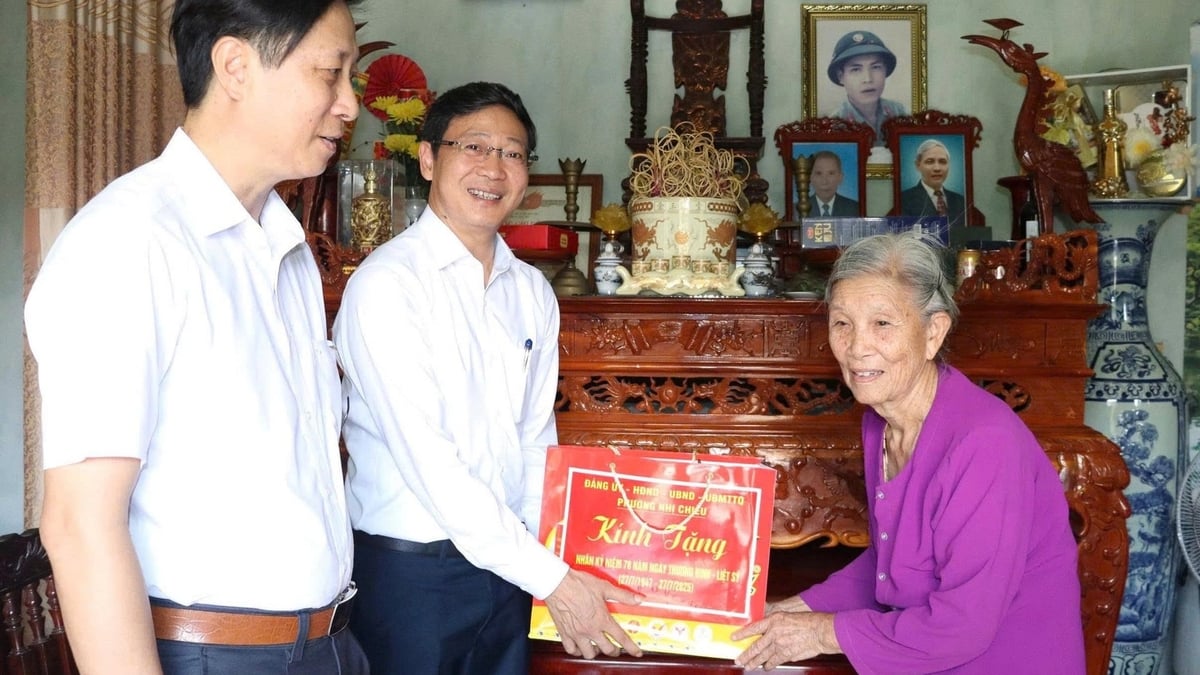
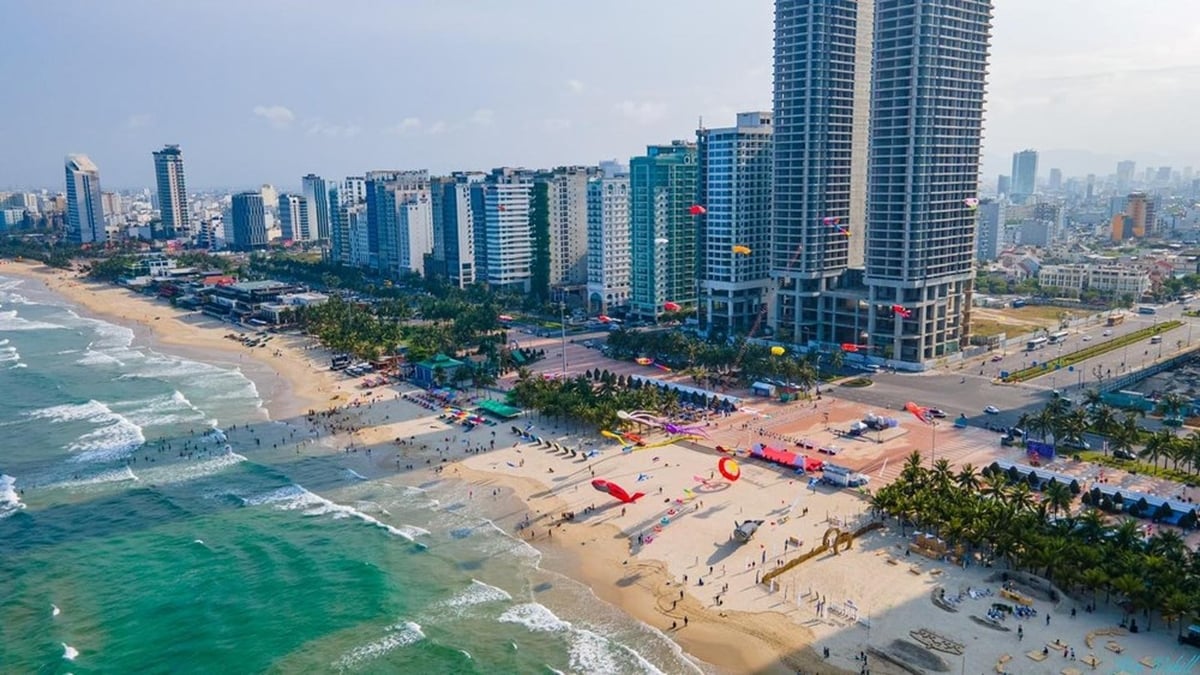

















![[Photo] Signing of cooperation between ministries, branches and localities of Vietnam and Senegal](https://vphoto.vietnam.vn/thumb/1200x675/vietnam/resource/IMAGE/2025/7/24/6147c654b0ae4f2793188e982e272651)










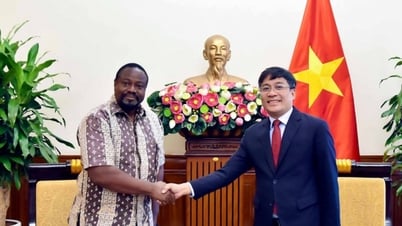
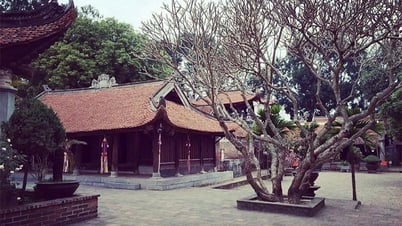








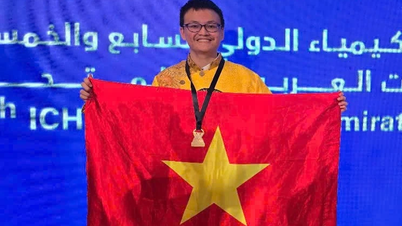

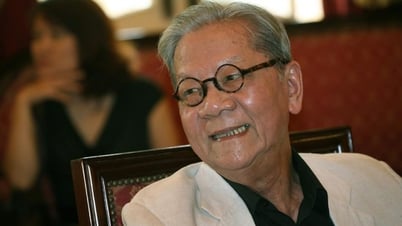










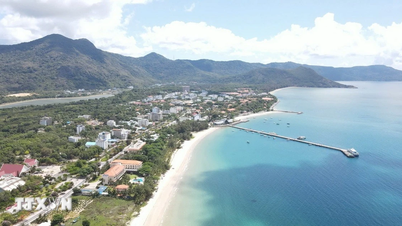
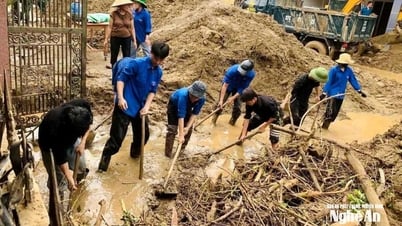

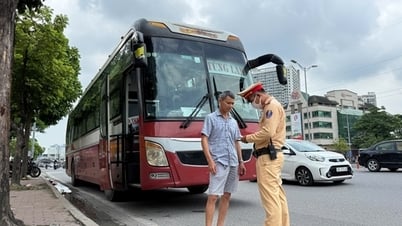



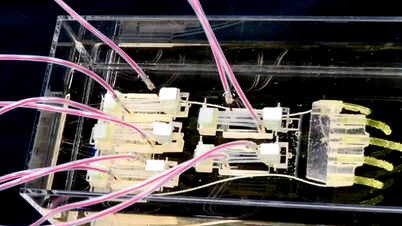
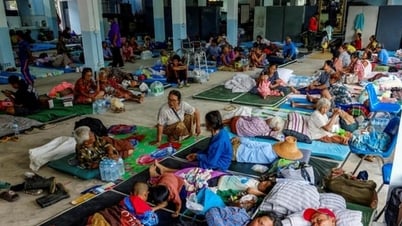

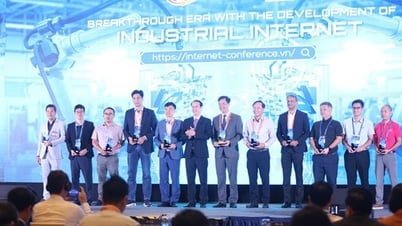


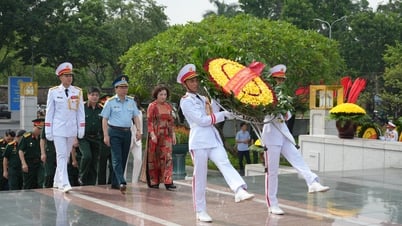

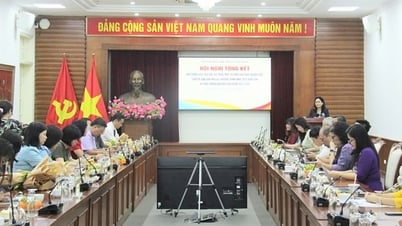

























Comment (0)